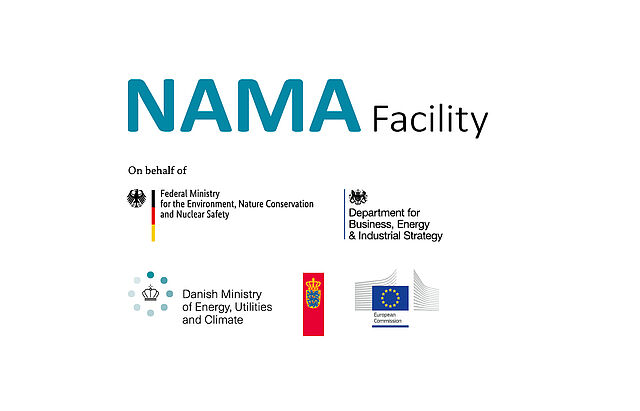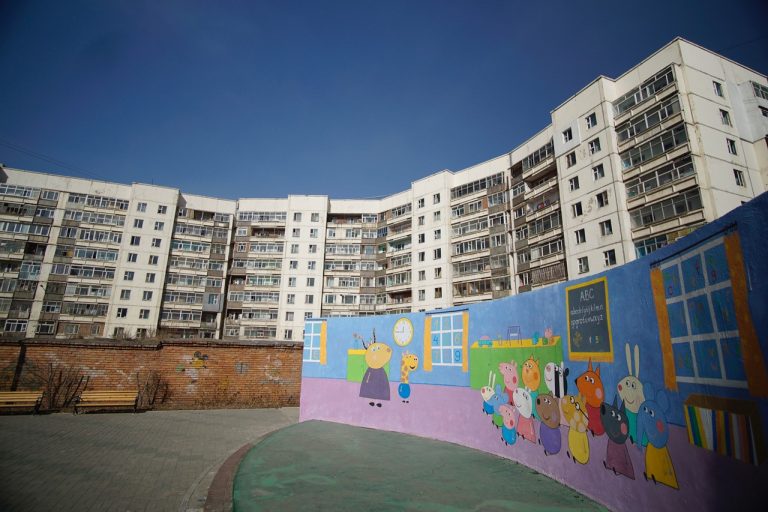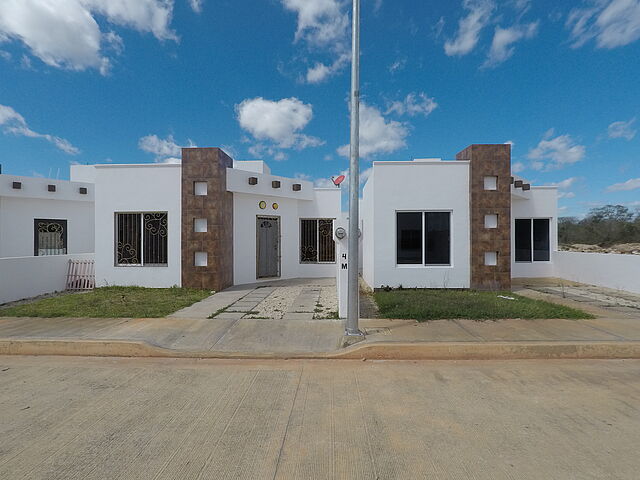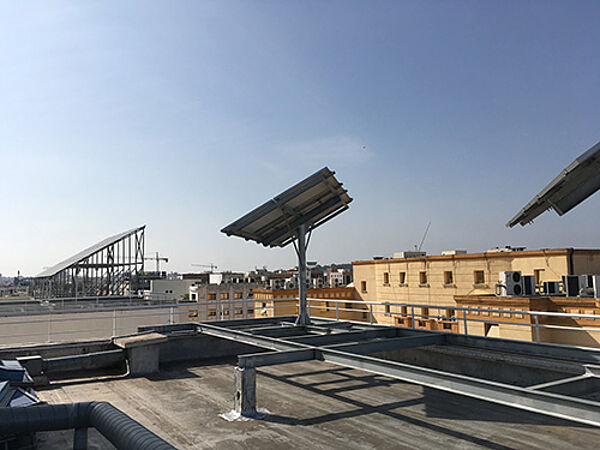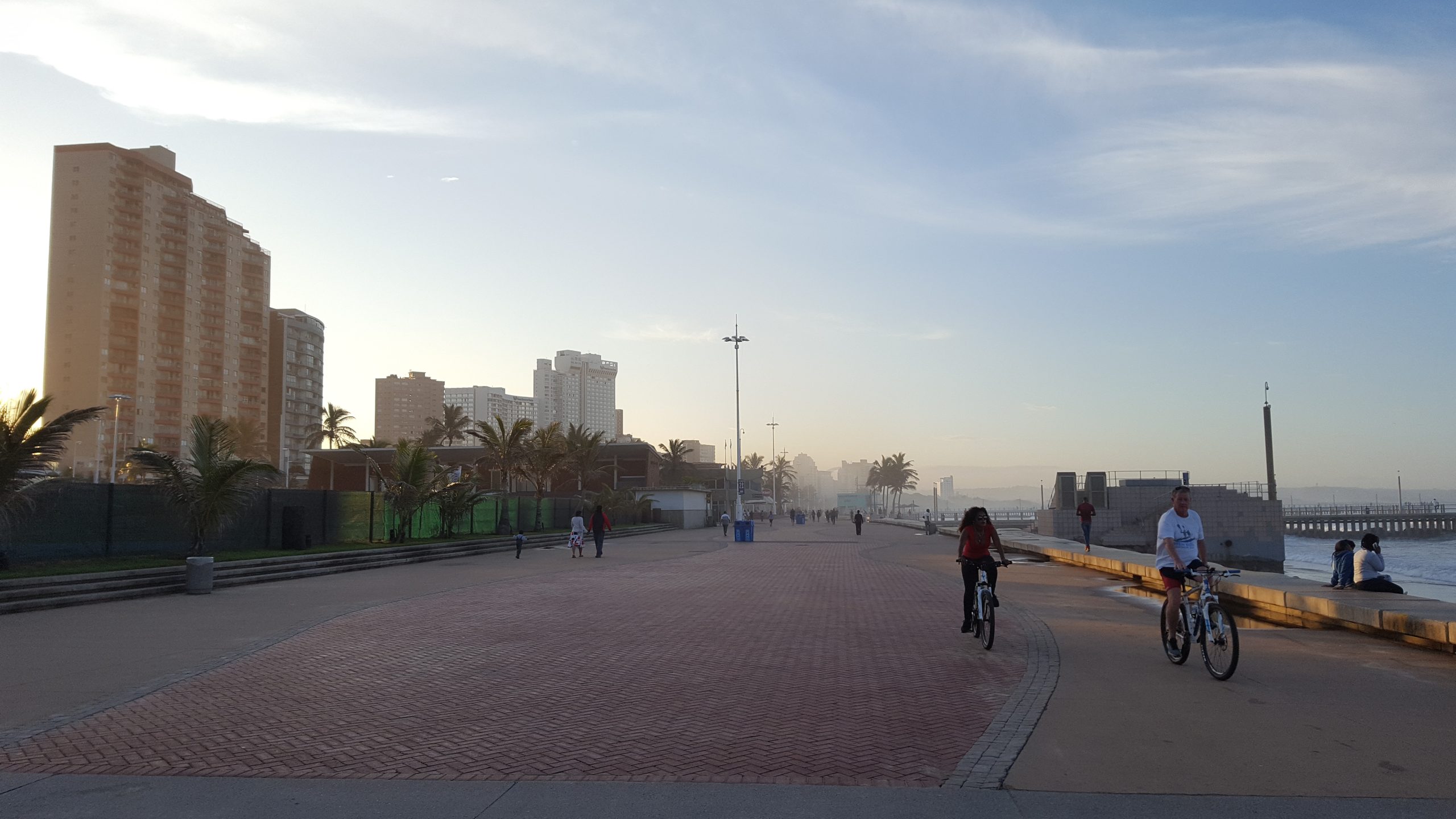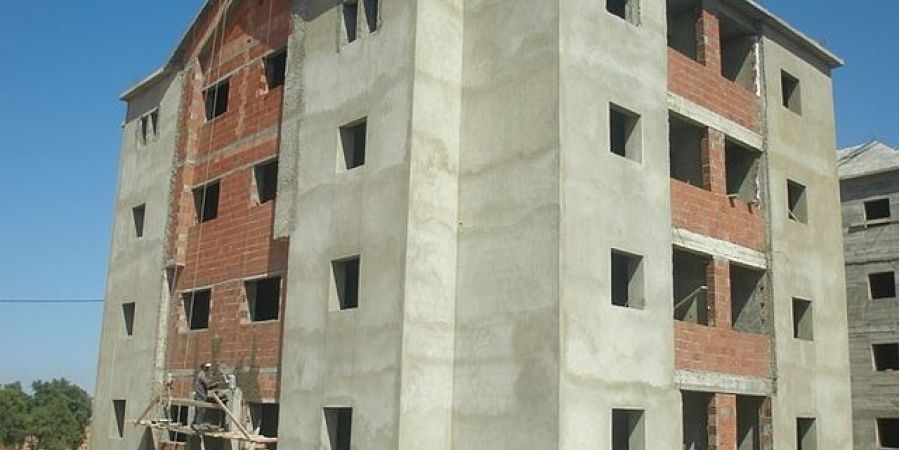
Background: Residential buildings account for about 25% of Morocco’s final energy consumption. Two thirds of the building stock expected by 2050 is yet to be built in Morocco, which calls for a transformation to a carbon-neutral development pathway through efficient new buildings to avoid long-term lock-ins. The rapid urbanisation and rising income lead to higher residential energy needs for household equipment, with electricity consumption increasing on average annually by 6%.
Four main obstacles prevent the transformation of the building sector in Morocco: (1) higher up-front costs of energy-efficient buildings and appliances, (2) lack of access to financial products for energy- efficient (EE) buildings and appliances, (3) lack of awareness of the benefits of energy-efficient buildings and appliances along the value chain (real estate developers, financial institutions, retailers, households) and (4) lack of technical standards to support implementation of existing framework laws.
Approach to Transformational Change: “Morocco – Improving Energy Performance of Moroccan Households” aims to remove the above-mentioned barriers and to direct Morocco´s residential sector towards a climate-friendly development path. The project will focus on improving policies related to building codes, labelling and minimum performance standards for appliances. It will implement capacity developing and awareness-raising activities to crucial actors involved in the construction of EE housing and the retail of EE appliances, including the end-consumers.
EUR 13 million will be used to establish a fund to compensate for the higher cost of energy efficient buildings and appliances, thus making these as attractive for customers as regular, inefficient buildings and appliances. The project intends to leverage around EUR 260 million from the private sector.
Mitigation potential: The project will directly mitigate 0.95 Mt CO2e during the lifetime of its intervention with the cost efficiency of 46 EUR/tCO2e. It will reduce another 1.4 MtCO2e indirectly.

